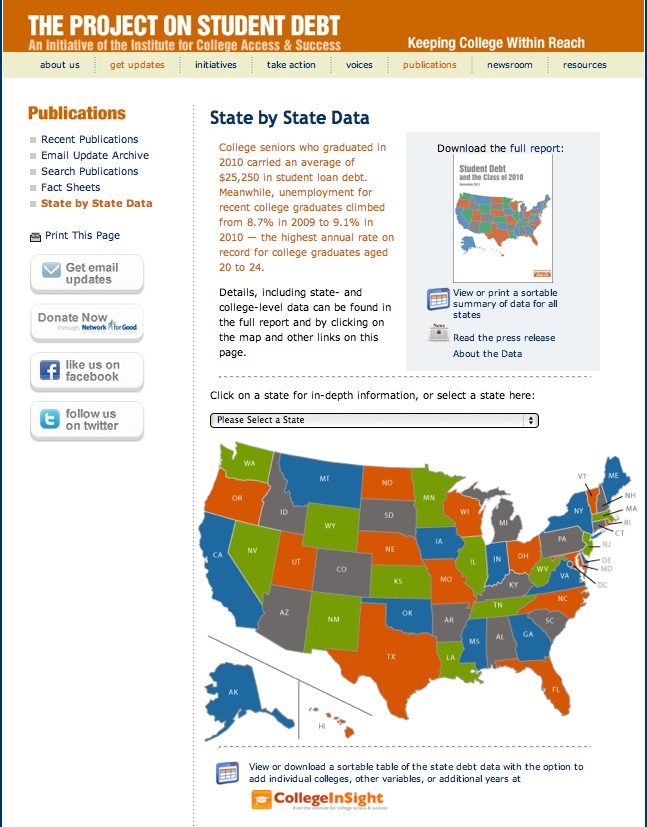It’s no secret – sending your child away to college can be a difficult experience. After years of making sure they completed their schoolwork on time, helping them with their homework, (or hiring a tutor as the homework got too hard), and helping organize and maintain their schedule, its hard to believe that your student is going to be on their own, braving the frontier that is a life at college.
Still, there are plenty of ways to assist your child in school, even from halfway across the country. For one, help your child with their classes by hiring them a tutor. The workload and structure of college classes can at first be overwhelming for many students, and having someone their to help ease through the material can be an unbelievable stress reducer. There are even a plethora of great online tutors that help in every subject, from English and History to Math and Engineering. An online tutor is a great way to ensure that you’re hiring a safe, reliable person to help teach your student, without having to worry about some random stranger spending physical time with your child. There are even a number of great language learning programs that can aid your child through their foreign language courses, or even prep them for a semester abroad.
Secondly, if your student is in the midst of studying for a major test, think about helping out with some exam prep materials. Tests like the SAT and ACT when applying to college, can bring a seemingly overwhelming amount of studying. Working with a tested program can help organize and structure the studying process, ensuring that students are not only keeping up with their studying, but also studying the right things. Exam prep courses range in price from $15 to $3000, but many deem this a worthy investment as even registering for some of these exams can cost over $100.
Sending your student to college doesn’t have to mean abandoning the guidance you’ve provided them all through middle school and high school. Research the options, and decide how you wish to help your child succeed in college.
********
Today’s guest blog post was by Noah Greenberg for Find the Best, a resource for parents and students to compare colleges, tutors, test prep programs and more.









